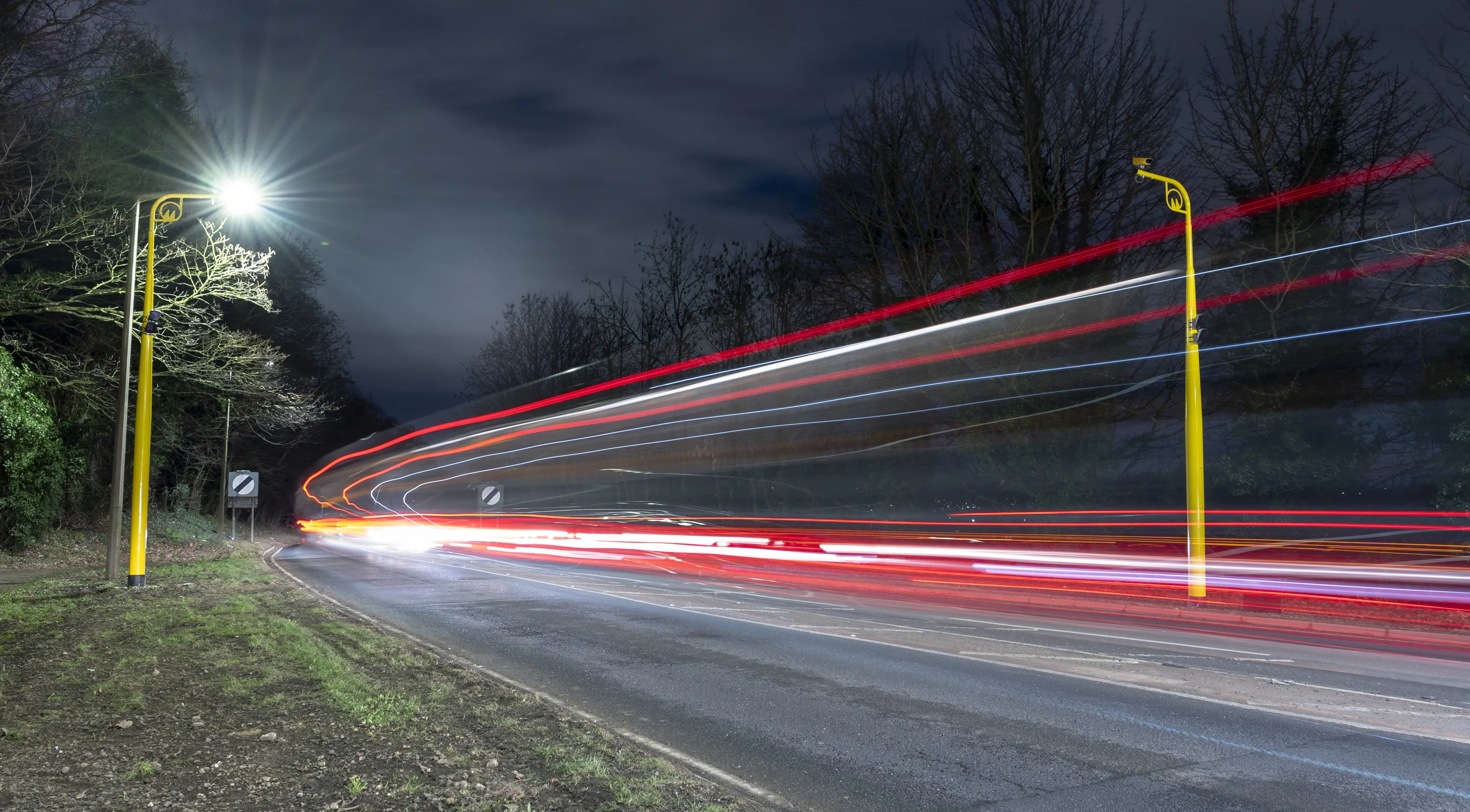Bristol mayor George Ferguson is in talks with the city’s Police and Crime Commissioner Sue Mountstevens to consider switching speed cameras back on in the city. The city’s thirty-seven fixed point speed cameras and traffic light cameras were switched off in April 2011 as part of a nationwide cost-cutting exercise. It was left to local authorities to make the final decision on whether to cut the deterrents. The Bristol Safecam partnership was abolished, leaving the cameras, twenty of which were red light c
April 2, 2013
Read time: 2 mins
Bristol mayor George Ferguson is in talks with the city’s Police and Crime Commissioner Sue Mountstevens to consider switching speed cameras back on in the city.
The city’s thirty-seven fixed point speed cameras and traffic light cameras were switched off in April 2011 as part of a nationwide cost-cutting exercise. It was left to local authorities to make the final decision on whether to cut the deterrents.
The Bristol Safecam partnership was abolished, leaving the cameras, twenty of which were red light cameras, switched off indefinitely.
Ferguson says that certain junctions need to be made safer and that if cameras play a part in doing that then they may need to be switched back on in some places, but he also said "nobody should assume that cameras [in Bristol] are off".
Mayor Ferguson said a decision should be made within the next six months.
The city’s thirty-seven fixed point speed cameras and traffic light cameras were switched off in April 2011 as part of a nationwide cost-cutting exercise. It was left to local authorities to make the final decision on whether to cut the deterrents.
The Bristol Safecam partnership was abolished, leaving the cameras, twenty of which were red light cameras, switched off indefinitely.
Ferguson says that certain junctions need to be made safer and that if cameras play a part in doing that then they may need to be switched back on in some places, but he also said "nobody should assume that cameras [in Bristol] are off".
Mayor Ferguson said a decision should be made within the next six months.









